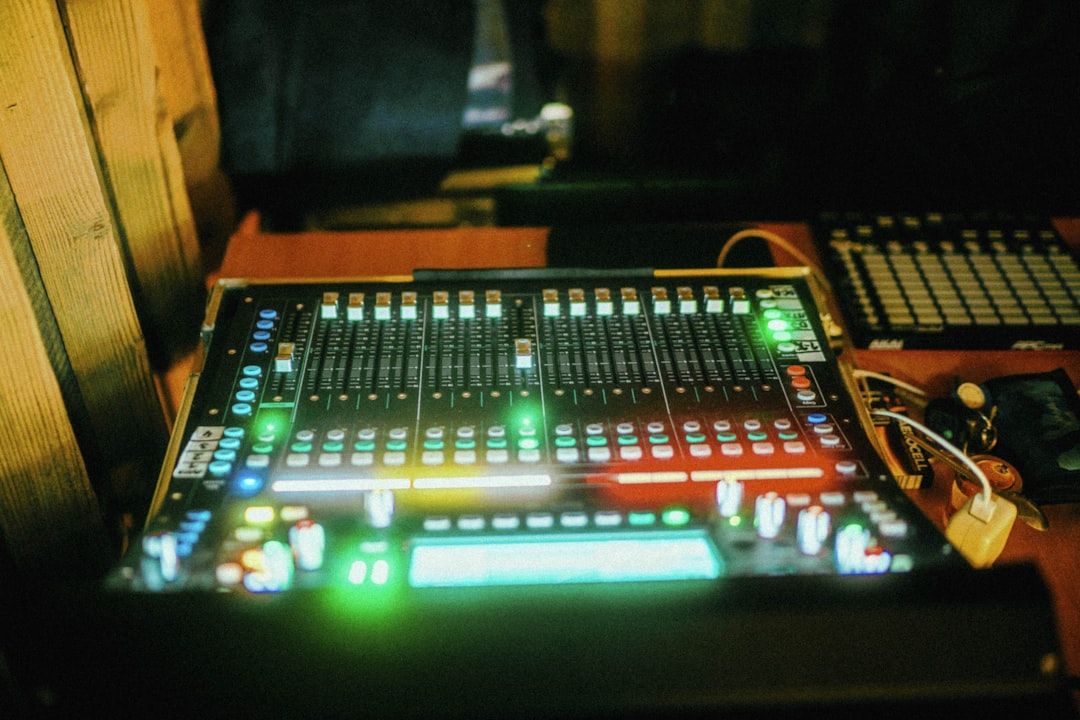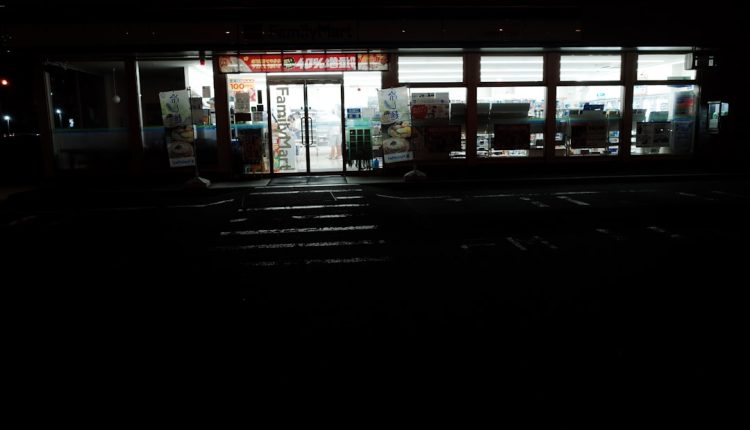When life gets busy, and your space starts overflowing, a storage unit can offer the flexible, secure solution you need. But for those who require round-the-clock access — whether for personal possessions or business assets — it’s critical to find a storage facility that not only advertises 24-hour access but delivers true convenience, safety, and service. Before signing a lease, you need to do more than scan prices and location. You need to ask the right questions.
In this article, we’ll walk you through what to ask before you rent a 24-hour storage unit and explain why these questions matter. Your belongings deserve more than a padlock and midnight access — they should be protected by smart policies, excellent facilities, and transparent communication.
Why 24-Hour Access Can Make a Difference
Table of Contents
Storage units offering 24-hour access provide unmatched flexibility. Whether you’re a small business owner needing to retrieve inventory early in the morning, a student with an erratic schedule, or a family storing heirlooms while in transition, this kind of access can be invaluable. Convenience, however, shouldn’t come at the expense of security or usability.
This is where asking the right questions becomes critical.
Key Questions to Ask Before Renting a 24-Hour Storage Unit
1. What does “24-hour access” actually mean?
This might seem obvious, but definitions vary. Some companies advertise “24-hour access” and then limit access on holidays or require advanced notice. Clarify if:
- You can come and go at any time, including weekends and holidays.
- You need a special access code or approval for after-hours visits.
- All storage units have 24-hour access or only a limited selection.
Understanding the facility’s true availability prevents frustrating misunderstandings later. Ask if the policy is clearly outlined in the rental agreement.
2. What kind of security measures are in place?
With 24-hour access comes an increased need for top-tier security. You want peace of mind when accessing your belongings at night. Inquire about:
- Surveillance cameras: Are the premises monitored in real-time, and are cameras placed in all key zones?
- Lighting: Is the facility well-lit at all hours, especially the paths to your unit?
- Access control: Are access points restricted to verified users using keycards or codes?
- On-site personnel: Is staff available during after-hours or is it fully automated?
Security costs money, so a slightly higher rental price might be a worthwhile investment depending on how valuable or sensitive your stored items are.

3. Are there any hidden fees or access charges?
Some storage facilities promote 24-hour availability but charge extra for the privilege. Ask these direct questions:
- Is 24-hour access included in the base rental price?
- Do you charge more for units with 24-hour availability?
- What are the penalties for accessing the unit outside designated hours (if any)?
Clarify these points up front to avoid surprise charges on your bill.
4. What insurance or protection plans are available?
Even the most secure facilities can encounter issues such as burglary, fire, or flooding. Check if:
- The facility requires renters to carry their own insurance.
- They offer protection plans and what dynamics those include (for instance, coverage limits, deductibles, and exclusions).
- Your personal renters or homeowners insurance policy covers items stored off-site.
Risk is part of any storage equation, but being informed helps you mitigate it appropriately.
5. Can I switch units easily if my needs change?
Today you may only need a small locker, but six months down the line, you might need a large unit for business archives or seasonal equipment. Ask if the facility offers flexible:
- Unit sizes, with the ability to switch easily.
- Prorated fees if you upgrade or downgrade your unit mid-month.
- Contracts that support scaling rather than locking you into long-term terms.
Especially if you’re running a business from storage, flexibility can be a huge time and money saver.
6. Is the climate inside the units controlled?
For many items — such as electronics, vintage furniture, or important documents — simple protection from the rain isn’t enough. You need a controlled internal environment. Ask about:
- Climate control or humidity regulation.
- Ventilation systems and temperature ranges.
- Any additional cost associated with these upgrades.
It’s also good to physically inspect the unit before you rent to assess airflow, dampness, and general cleanliness.
7. What kind of support or help is available to renters?
A truly trustworthy storage provider doesn’t disappear after handing over the keys. Explore their customer support policies. Specifically:
- Is assistance available 24/7 or only during business hours?
- Are there emergency contact numbers?
- How quickly do they respond to maintenance issues or security alerts?
The quality of the tenant experience matters just as much as the physical unit itself.

Other Convenience Factors to Consider
While specifics like climate control and access hours are critical, you may also benefit from additional services:
- Drive-up units: These are perfect for loading and unloading large items quickly, especially during late hours.
- Mobile app access: Some modern facilities let you access your unit or bill from a secure mobile application.
- Moving assistance: Whether it’s dollies, carts, or even in-house moving services, added help can make nighttime visits safer and more efficient.
A Final Word on Documentation
Even after you’ve asked every question above, there’s one more step: verify everything in writing. Ensure that:
- The rental contract clearly explains 24-hour access terms and any limitations.
- All fees are itemized and transparent.
- Security policies, insurance requirements, and cancellation clauses are explained before you sign.
Ask for a printed copy or digital version of the lease, and don’t hesitate to highlight or annotate key sections as needed. Good storage providers will not hesitate to offer clarity and honest documentation.
Conclusion: Choose Wisely, Store Safely
Renting a 24-hour storage unit seems straightforward — but not every facility holds the same standards for security, support, or accessibility. Taking the time to do thorough research pays off in peace of mind and long-term convenience. Whether you’re storing family memories, critical business goods, or simply need some extra space, the right storage provider should offer more than a key — they should offer confidence.
Ask questions. Read the fine print. And never compromise on safety or service, especially when accessing your belongings any time of day or night.

